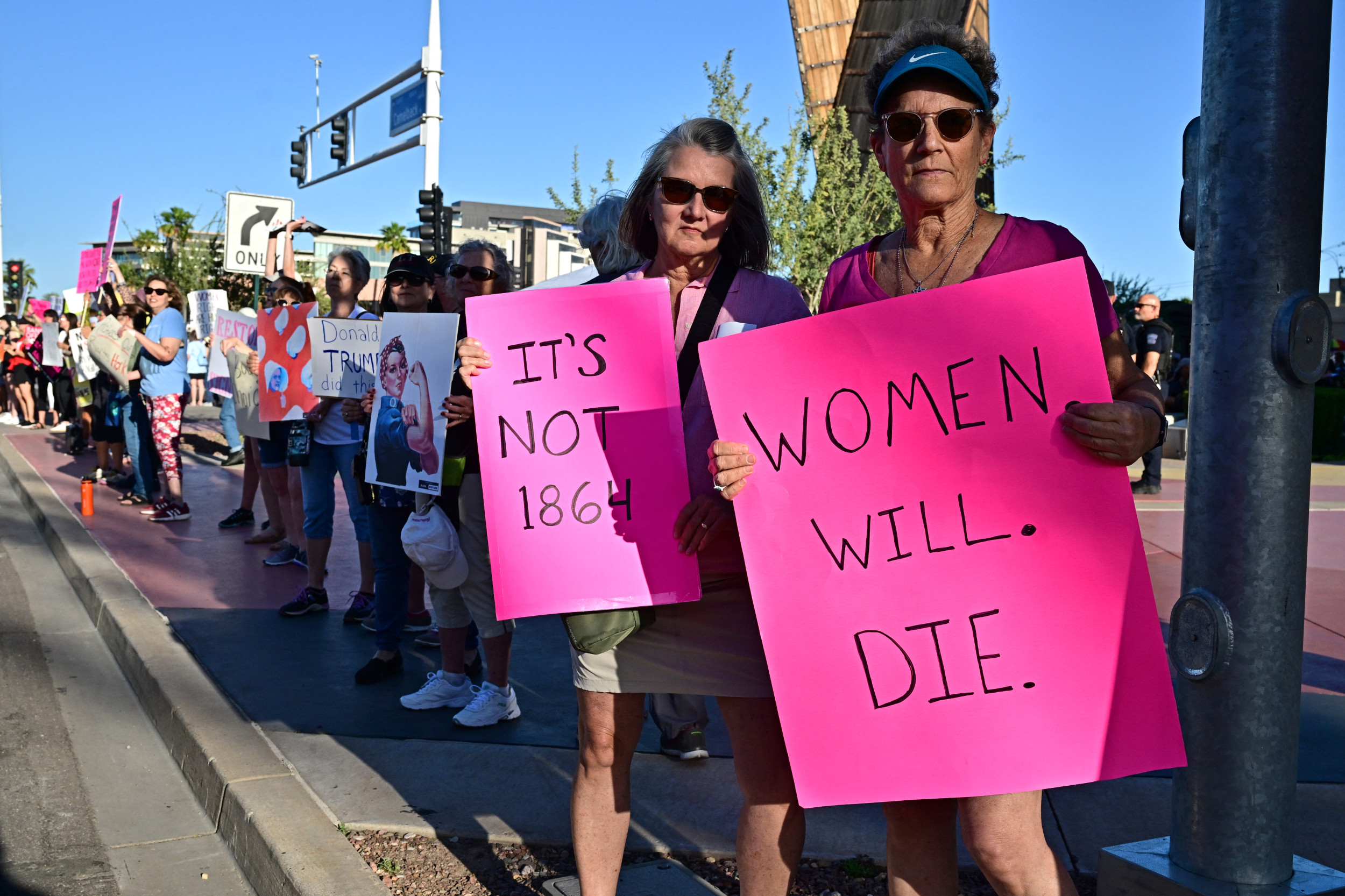The Taliban have accused Prince Harry of committing war crimes, after he admitted to killing 25 of their fighters while serving in the British Army in Afghanistan.
Prince Harry made the revelations in his upcoming memoir, Spare, detailing how he shot the Taliban fighters from his Apache helicopter.
He spent 10 years in the British army and completed two tours of Afghanistan, where he claimed to have killed the 25 fighters. He also said he didn't necessarily regret taking a human life.

"And it seemed to me essential not to be afraid of that number. So my number is 25. It's not a number that fills me with satisfaction, but nor does it embarrass me," the prince wrote in the memoir.
Harry added: "You can't kill people if you see them as people," and said he instead saw them as "chess pieces removed from the board," or "bad guys eliminated."
A senior Taliban official, Anas Haqqani, hit back at Harry accusing him of war crimes and saying that those he killed were "not chess pieces, they were humans."
War crimes are violations of international humanitarian law that involve individual criminal responsibility under international law and must take place in the context of an armed conflict, according to the United Nations.
"Mr Harry! The ones you killed were not chess pieces, they were humans; they had families who were waiting for their return," Haqqani tweeted.
"Among the killers of Afghans, not many have your decency to reveal their conscience and confess to their war crimes."
Haqqani added: "The truth is what you've said; Our innocent people were chess pieces to your soldiers, military and political leaders. Still, you were defeated in that 'game' of white & black 'square'.
"I don't expect that the ICC (International Criminal Court) will summon you or the human rights activists will condemn you, because they are deaf and blind for you. But hopefully these atrocities will be remembered in the history of humanity."
1/3- Mr. Harry! The ones you killed were not chess pieces, they were humans; they had families who were waiting for their return. Among the killers of Afghans, not many have your decency to reveal their conscience and confess to their war crimes. pic.twitter.com/zjDwoDmCN1
— Anas Haqqani(انس حقاني) (@AnasHaqqani313) January 6, 2023
The Taliban recaptured Kabul, Afghanistan's capital, in August 2021, as U.S. and Allied troops withdrew after fighting a nearly two-decade long insurgency. The U.S.
and its allies— including the U.K.— invaded Afghanistan in 2001 after the 9/11 terrorist attacks in New York and Virginia. The Taliban had been accused of giving sanctuary to al-Qaeda operatives, including its leader, Osama Bin Laden, who orchestrated the attack.
Since reclaiming Afghanistan in 2021, the Taliban have banned girls from going to school, women from attending university and female humanitarian workers from operating in the country.
Afghanistan is also in the midst of a growing humanitarian crisis that includes poverty, malnutrition and high rates of child pneumonia.
More than 50 per cent of the population need humanitarian assistance and half of its almost 40 million people are "acutely food insecure," according to the International Red Cross.
Uncommon Knowledge
Newsweek is committed to challenging conventional wisdom and finding connections in the search for common ground.
Newsweek is committed to challenging conventional wisdom and finding connections in the search for common ground.
About the writer
Shannon Power is a Greek-Australian reporter, but now calls London home. They have worked as across three continents in print, ... Read more
To read how Newsweek uses AI as a newsroom tool, Click here.





